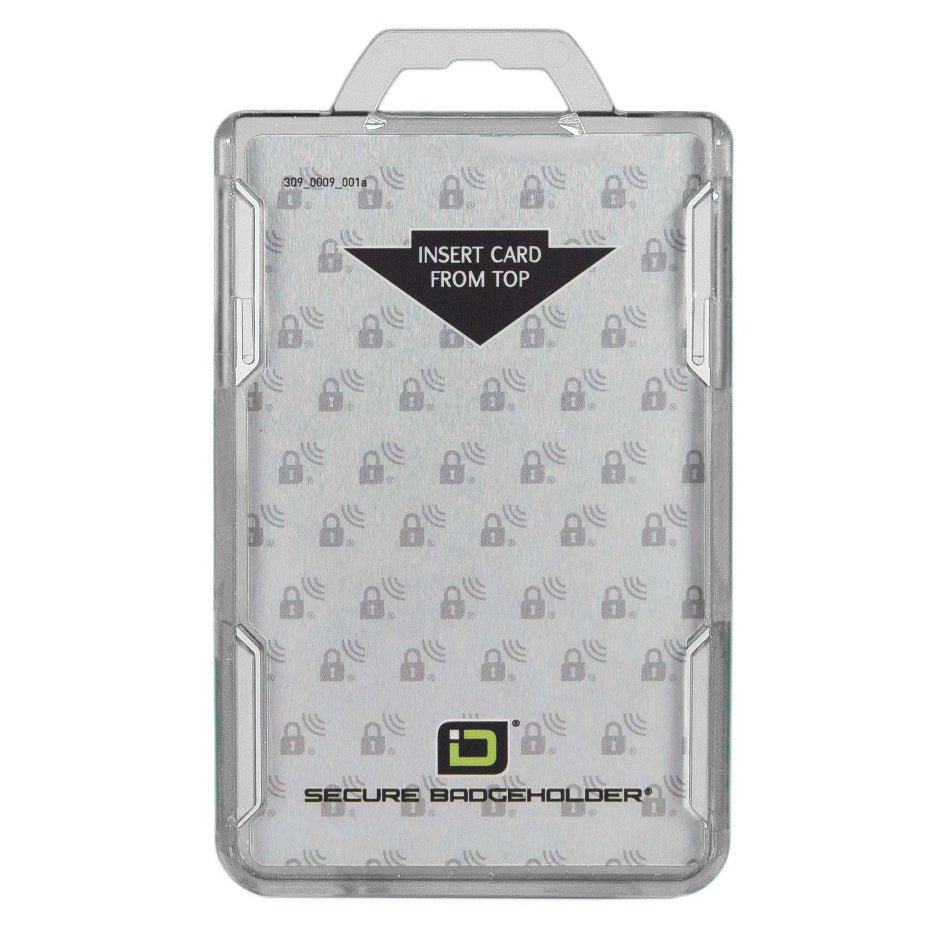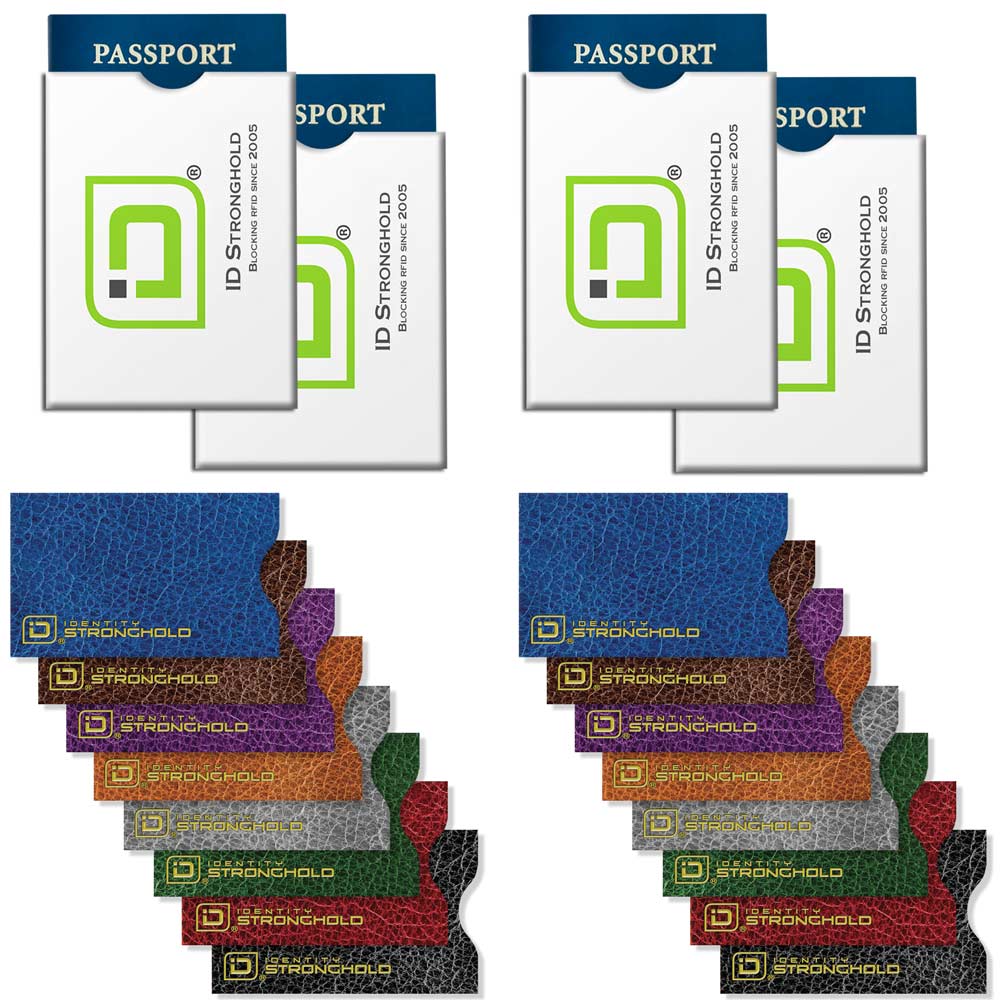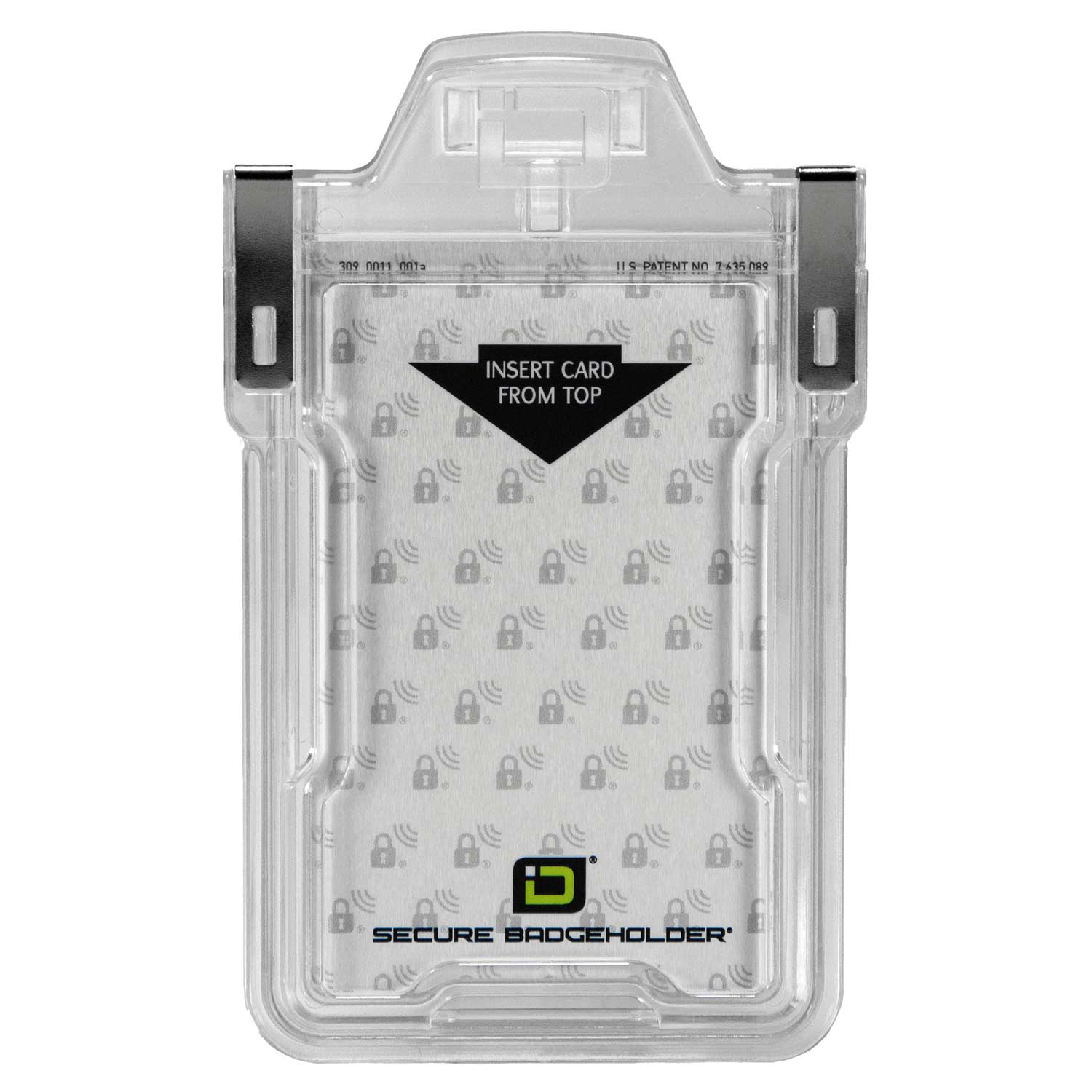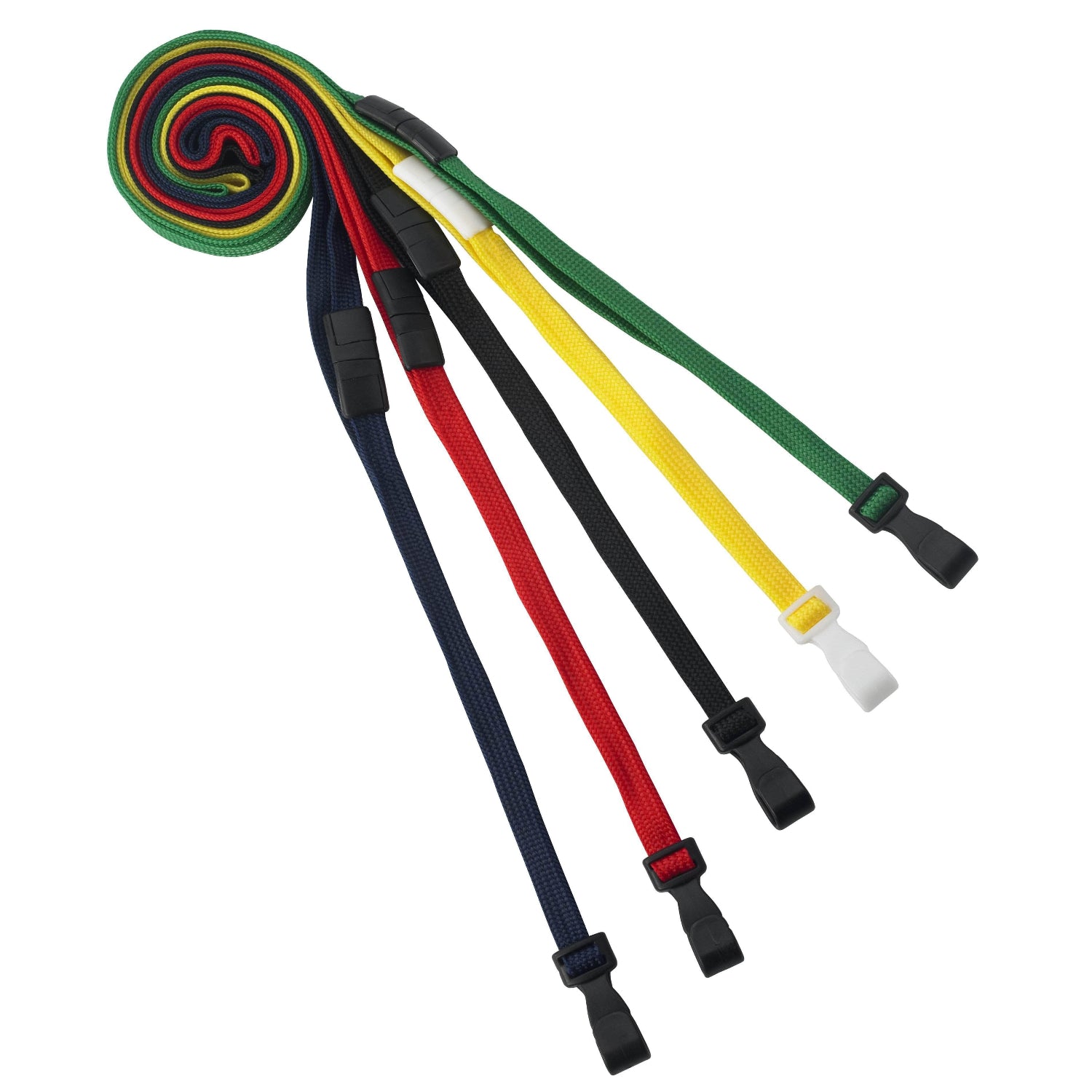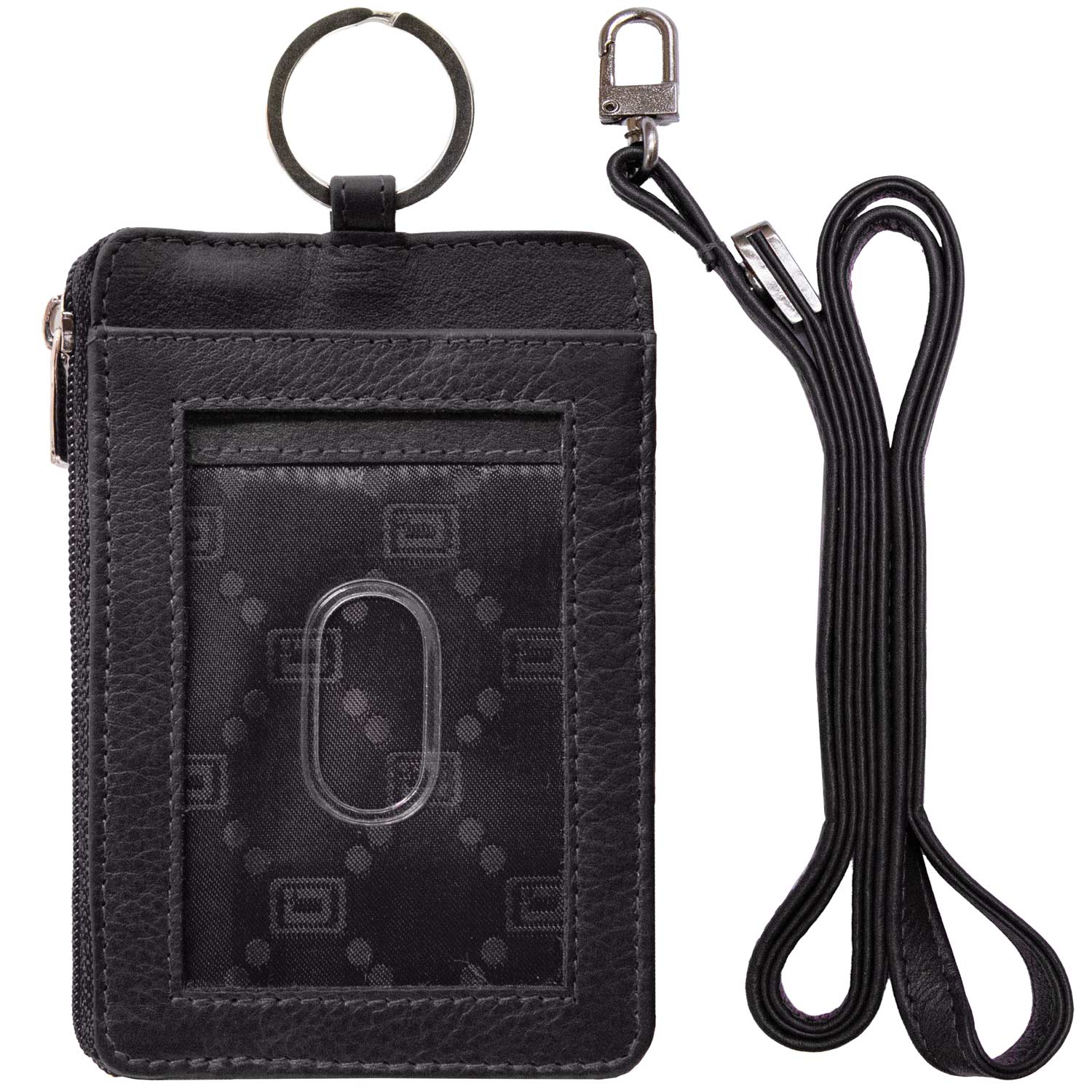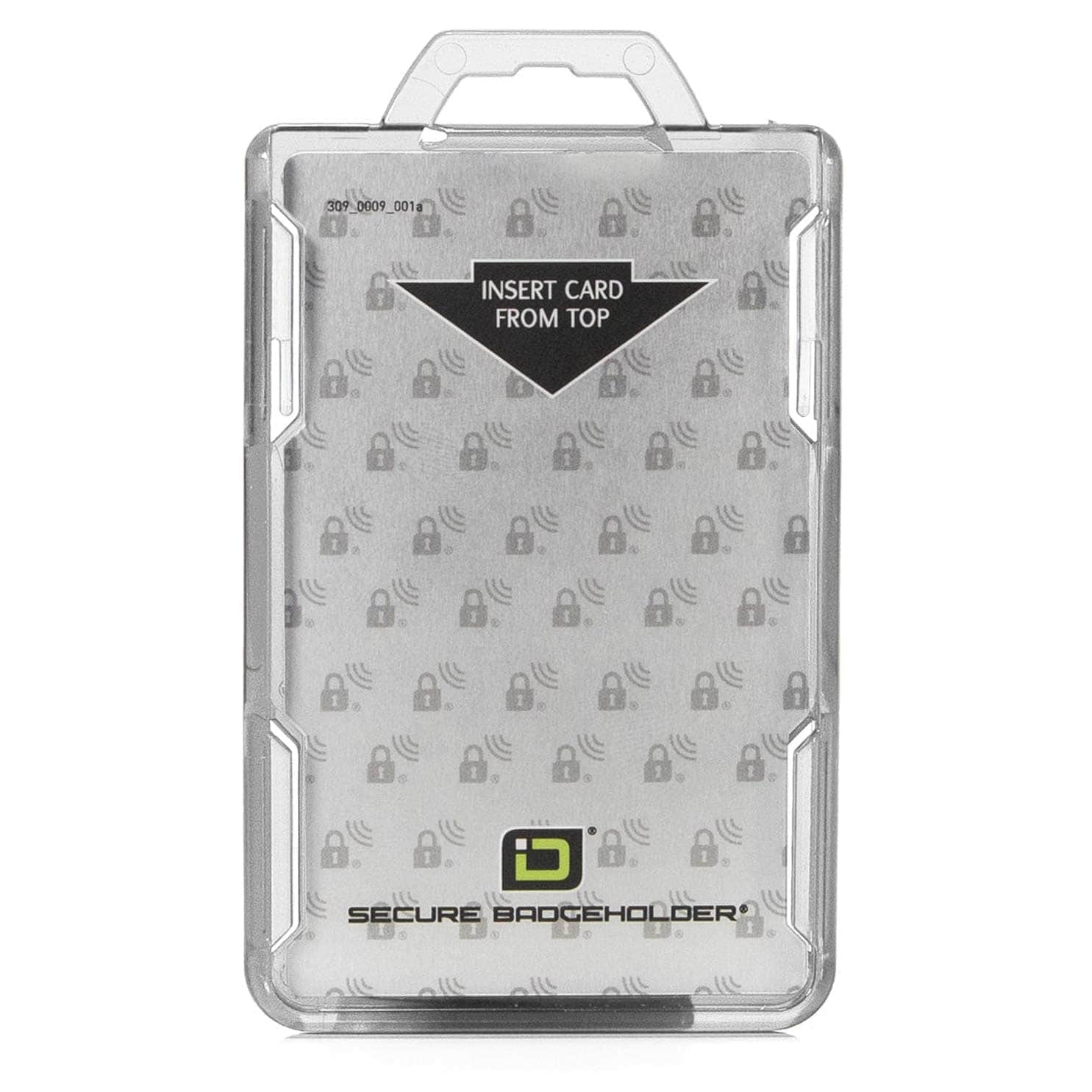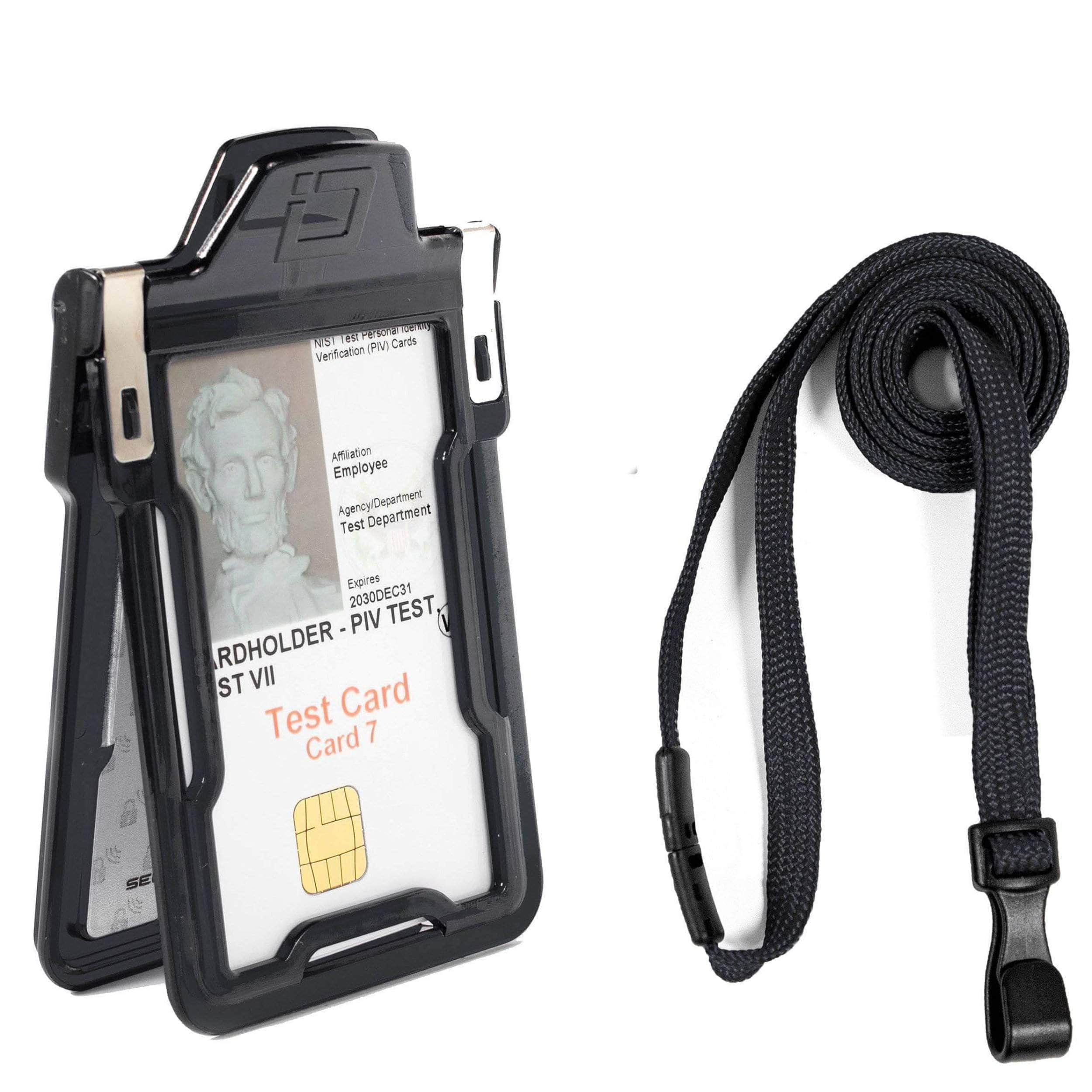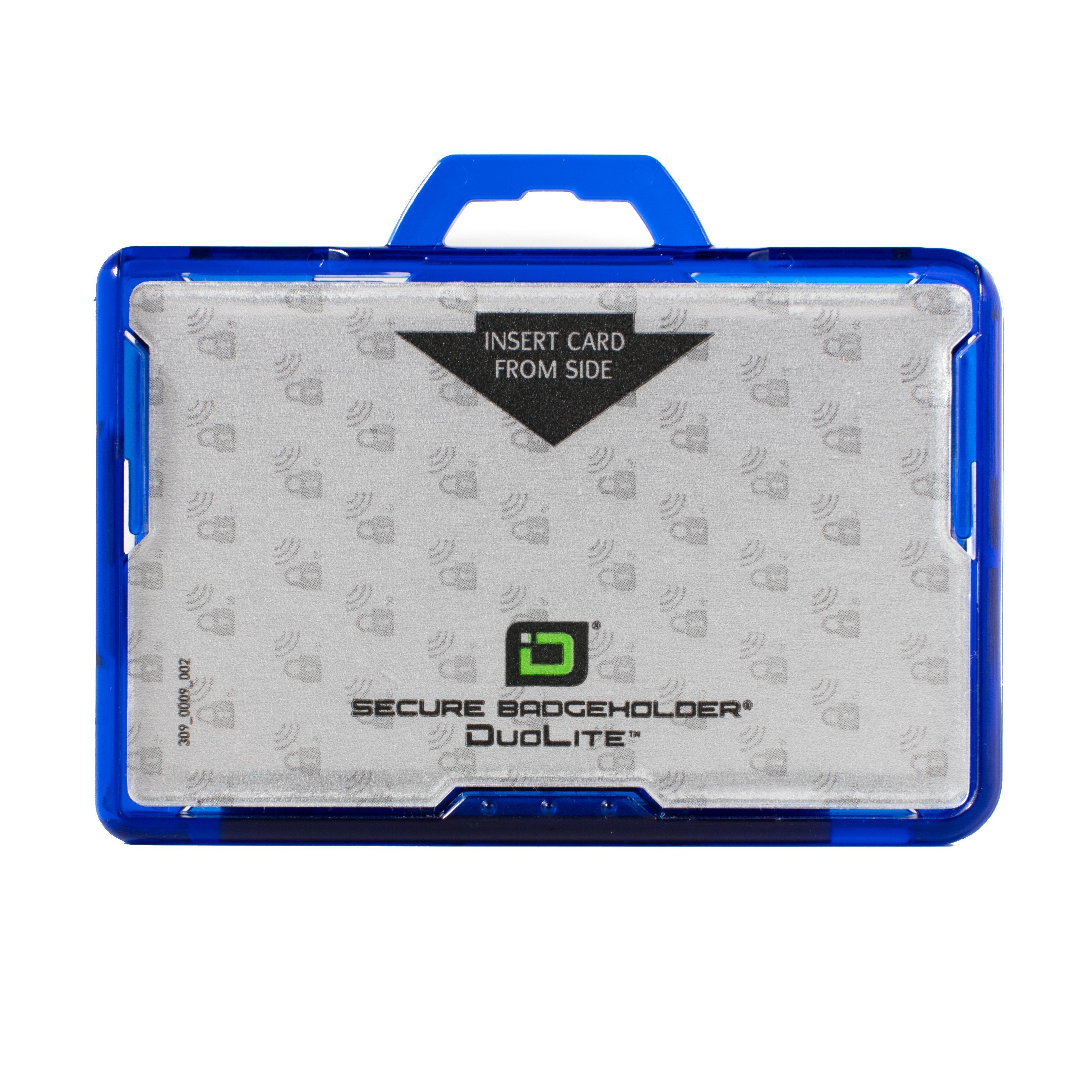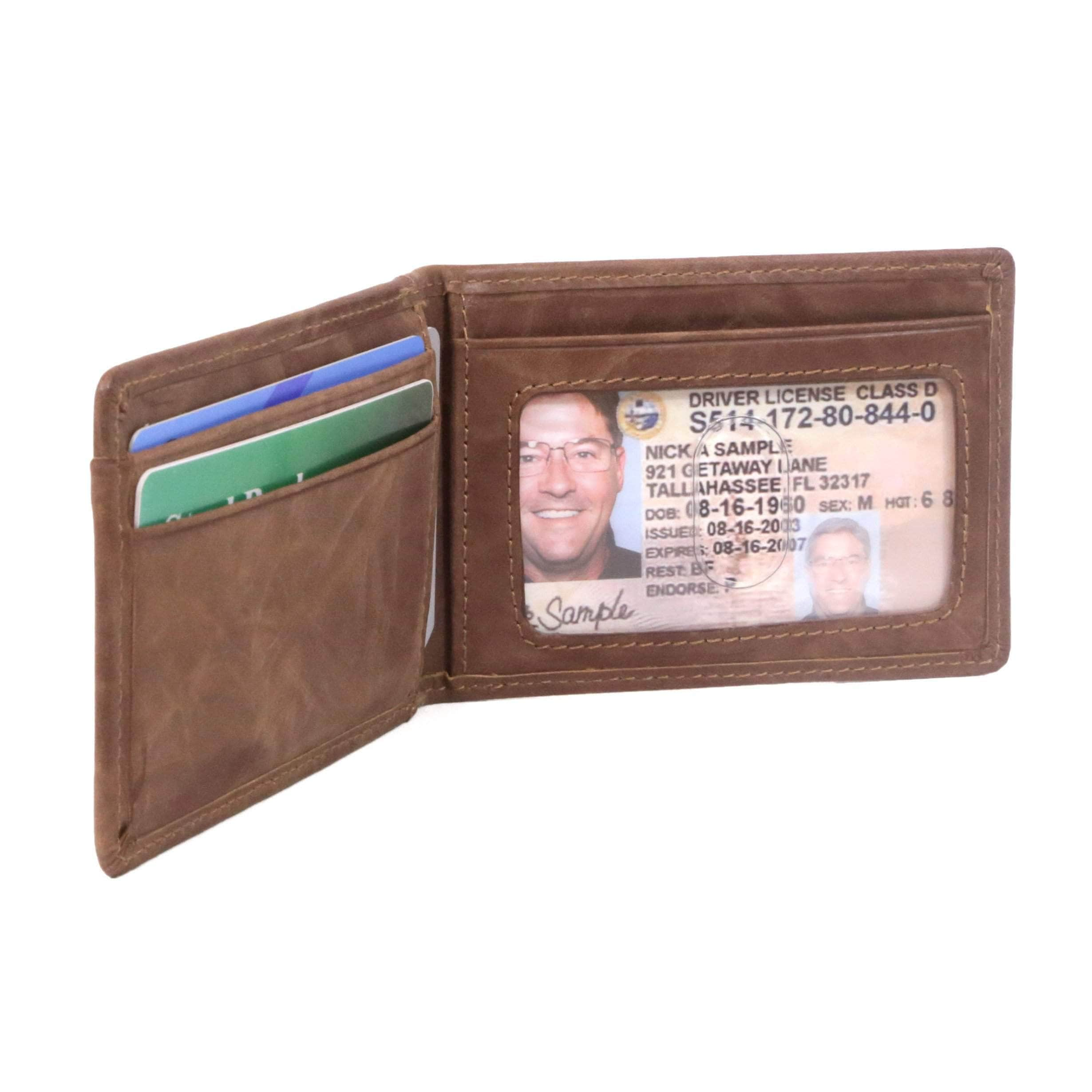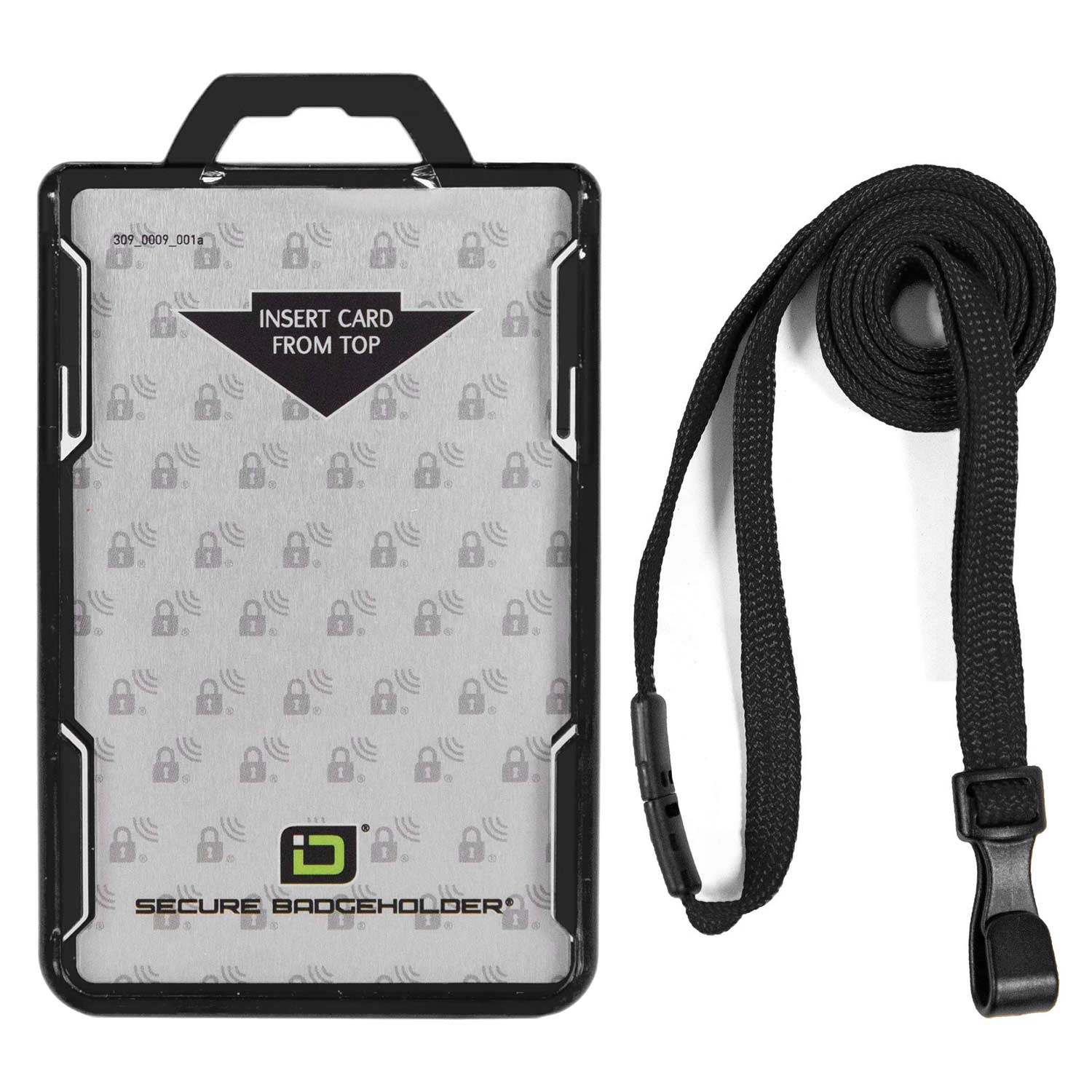For years, government agencies have used access control cards to ensure the safety of their staff and to keep information secure. These cards enable select people—only those with the cards—to enter government buildings and other facilities. A scanner at a building’s entrance reads a tag embedded in each card. If the card is valid, the door unlocks. This system of scanners and tags is known as RFID (Radio Frequency Identification). Private companies, seeing the potential benefits of the technology, have started to incorporate it into their own security plans. And although access control cards are an important part of a company’s security measures, they aren’t foolproof. Cardholders and issuers should beware of RFID cloning.
What is cloning?
Cloning is a type of forgery that involves copying the information on someone’s RFID badge and using it to gain access to a secure area. It’s easy to do if the badge is unprotected, and requires minimal equipment. Cloning is difficult to detect, and a thief can pull it off in a few seconds just by coming close enough to someone with an unprotected badge. In addition, there’s no limit to the number of clones a person can create once the original badge information has been copied.
Where does RFID cloning happen?
Cloning can occur almost anywhere, at just about any time. As long as an electronic scanner can read the contents of an RFID card, that card is susceptible to a cloning attack. A short video from TechInsider shows just how easy it is to copy an RFID card. In it, a member of the RedTeam Security company demonstrates that simply by walking next to someone who is carrying an RFID card, a thief can grab the necessary info. The equipment needed to clone cards is small enough to fit in a tote bag or briefcase and operates discreetly. There’s no indication that anything is happening while the scanner is doing its work. It’s also capable of reading RFID cards from as far as 6 feet away. Once the original card is scanned, unlimited clones can be made from it.
What are the dangers of RFID cloning?
Without the proper precautions, sensitive information is always in danger of falling into the wrong hands. Identity theft and financial fraud are obvious dangers, but safety is another big concern for many organizations. Employers use RFID badges to get people in and out of their facilities. But they also want to keep bad actors out. Nobody wants to deal with unexpected solicitors, but there are more serious dangers. In recent years, active-shooter scenarios have become all too common. Many companies have even developed escape plans—much like those designed for tornadoes, earthquakes, or fires—to deal with these situations.
How can I prevent cloning?
Like other types of RFID theft, cloning is easy to prevent. Safeguarding against this threat is also inexpensive. Providing employees with RFID-blocking badge holders helps to ensure that only the people who should have access to a facility can get in. These badge holders block the electromagnetic signals used in RFID cards. As long as the cards are kept inside the holders, cloning isn’t a concern. Special RFID-blocking sleeves and bags also work. But among these, badge holders are certainly the most convenient. ID Stronghold’s products meet the strictest government standards for RFID-blocking devices and don’t require users to completely remove their cards when scanning.
ID Stronghold has your RFID security needs covered.
Access control cards and RFID badge holders are excellent security measures for just about any kind of organization, public or private. When looking for the right products to protect your organization's access cards, look to ID Stronghold. Many government contractors who are required to use RFID-blocking badge holders already do.


